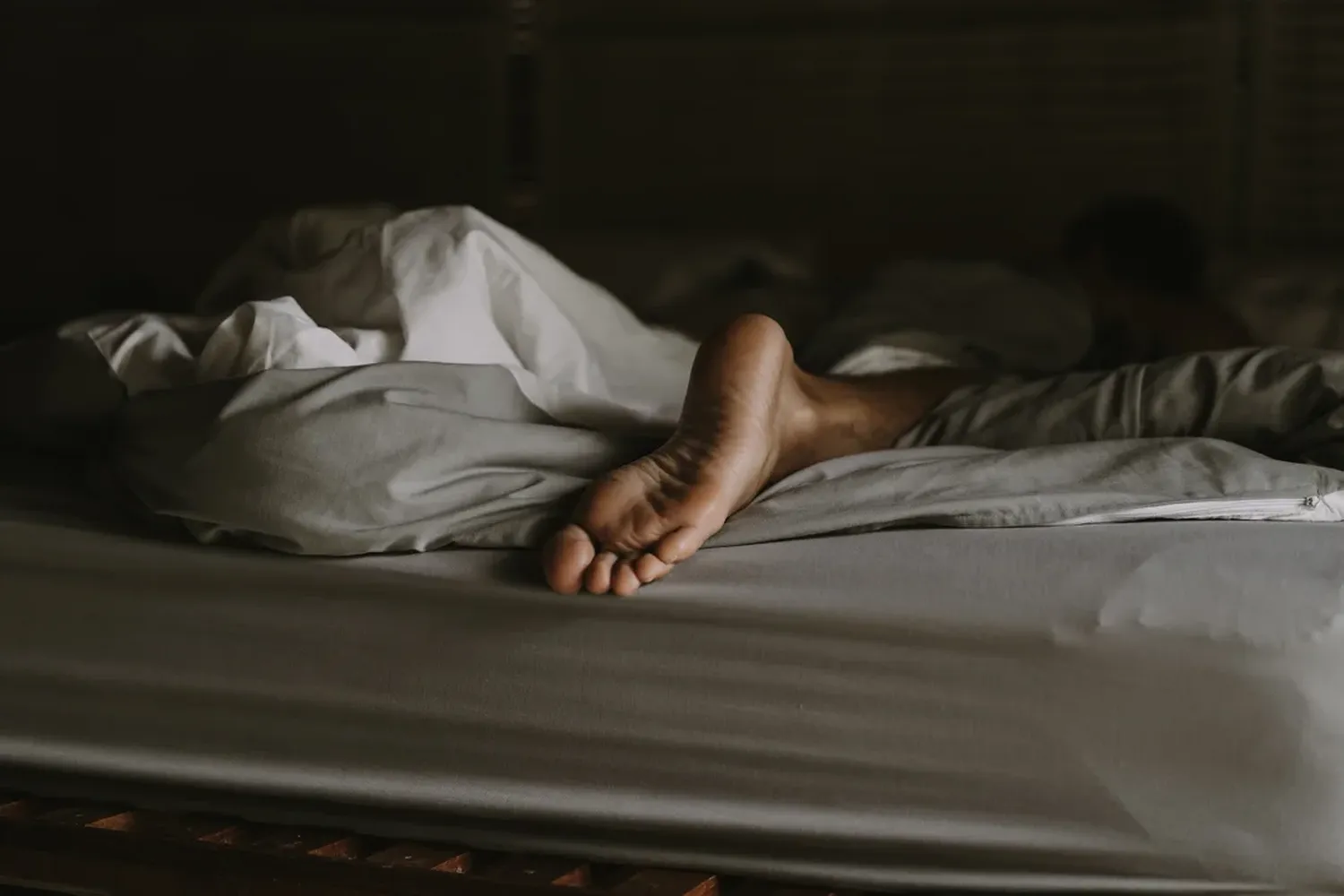Health Disorders
Sexsomnia: The Embarrassing Sleep Disorder Hard to Talk About
In the quiet of the night, while many rest peacefully, there exists a sleep disorder that disrupts the lives of those it affects, often leaving them in a state of confusion, embarrassment, and distress. Known as sexsomnia, this disorder involves engaging in sexual activities during sleep, with individuals having no memory of their actions upon waking. Despite its significant impact on the lives of sufferers and their partners, sexsomnia remains a topic shrouded in silence and misunderstanding.
Sexsomnia is classified as a type of parasomnia, a group of sleep disorders that involve abnormal movements, behaviors, emotions, perceptions, and dreams. It is akin to sleepwalking or talking in one's sleep but with a sexual dimension. Those with sexsomnia may exhibit behaviors ranging from masturbation to initiating sexual intercourse, often to the surprise or dismay of their bed partners.
The disorder can be particularly distressing due to its intimate nature and the potential for misunderstanding and relationship strain. Partners may feel violated or confused by the unexpected sexual advances, while those with sexsomnia grapple with feelings of shame and guilt for actions they cannot recall or control.
The exact cause of sexsomnia is not fully understood, but it is believed to be associated with other sleep disorders such as sleep apnea, restless leg syndrome, or conditions that fragment sleep. Stress, alcohol consumption, and certain medications have also been identified as potential triggers. Genetic factors may play a role, as individuals with a family history of parasomnias are more likely to develop the condition.
Diagnosing sexsomnia can be challenging. Often, individuals are unaware of their behavior until a partner or family member brings it to their attention. A comprehensive evaluation, including a clinical interview, sleep history, and an overnight sleep study known as polysomnography, is typically required to confirm the diagnosis. During the sleep study, patients are monitored for unusual activities that may indicate sexsomnia or other sleep disorders.
Treatment options for sexsomnia are limited, and there are no standardized guidelines. However, addressing underlying sleep disorders, practicing good sleep hygiene, and avoiding known triggers such as alcohol and drugs can help manage the condition. In some cases, medications like clonazepam, commonly used for epilepsy and panic disorders, have been effective in controlling sexsomnia episodes.
The impact of sexsomnia extends beyond the bedroom. Legal and forensic implications have arisen in cases where individuals have engaged in sexual acts while asleep, leading to criminal charges. The defense of sexsomnia in such cases is complex and requires careful evaluation by experts to distinguish genuine instances of the disorder from fabricated claims.
One high-profile case involved a woman who was raped by a co-worker after a night out. The man claimed he had sexsomnia and engaged in the act while asleep. The jury, however, rejected the sleep disorder defense, and the man was convicted of rape. The case highlighted the need for greater awareness and understanding of sexsomnia, both in the public sphere and the legal system.
Despite the challenges it presents, sexsomnia is a treatable condition. Those affected are encouraged to seek medical advice and support from sleep specialists. As awareness grows, it is hoped that more research will lead to better treatment options and a reduction in the stigma associated with this little-known sleep disorder.
For individuals and couples grappling with sexsomnia, the journey to managing the condition begins with open communication and a commitment to seeking help. With the right support, it is possible to overcome the challenges posed by sexsomnia and restore peace to the night.

